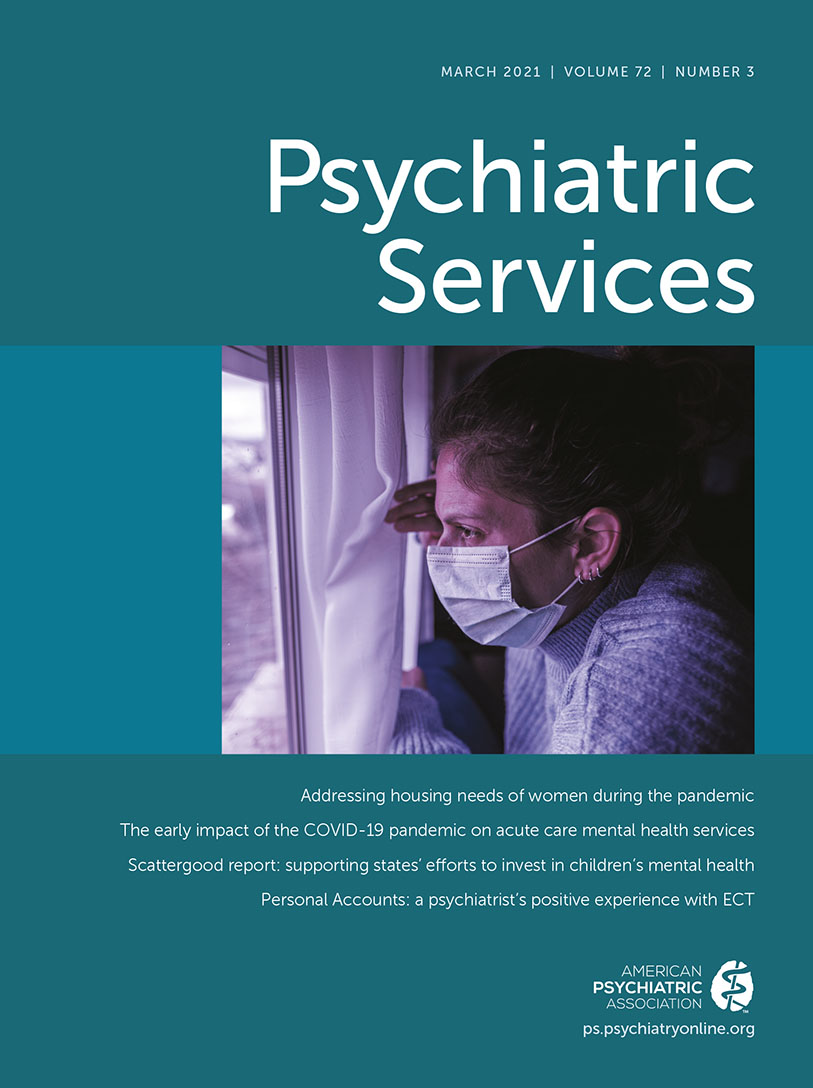Using Claims Data to Assess Treatment Quality of First-Episode Psychosis
Abstract
Objective:
Coordinated specialty care (CSC) has become the standard of care for first-episode psychosis (FEP). The gap between CSC best practices and the actual care delivered is unknown. This longitudinal study aimed to measure that gap by using a large Medicaid claims database and 10 quality indicators (QIs) reflecting aspects of CSC and to study the relationship between these QIs and future health care utilization.
Methods:
Individuals with FEP were identified in a Missouri Medicaid claims database. Participants were required to have been eligible for Medicaid benefits for at least 10 months in the year prior to and the year after their first episode of psychosis and to have had no evidence of a prior psychosis diagnosis. Descriptive statistics were generated for each of the QIs, and a stratified Cox regression was used to identify predictors of subsequent health care utilization.
Results:
Data were obtained for 6,246 participants, and follow-up lasted a mean of 4.24 years. Significant practice gaps were found in the use and monitoring of antipsychotic medications. Of those prescribed antipsychotic medication, 5% received prescriptions above recommended daily doses, 16% received two or more antipsychotics, and 20% were treated with olanzapine or clozapine. Among the QIs, lack of monitoring for smoking (hazard ratio [HR]=2.71, 95% confidence interval [CI]=2.47–2.97) and lack of integrated care delivery in treatment (HR=2.00, 95% CI=1.92–2.08) were most associated with psychiatric hospitalization.
Conclusions:
In most cases, treatment was far from meeting CSC recommendations, suggesting that implementation of CSC requires substantial modifications to delivery of care for individuals with FEP.



